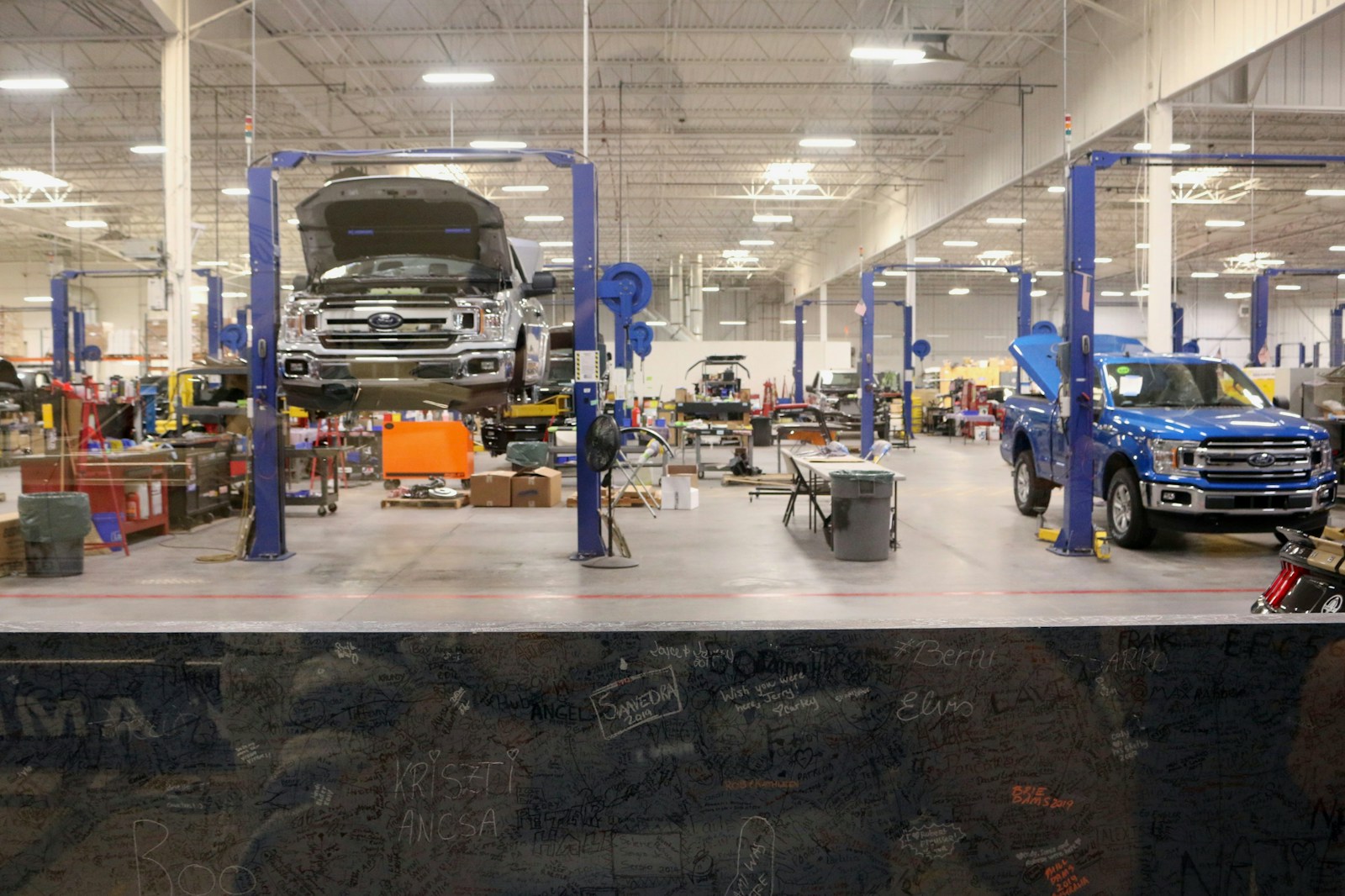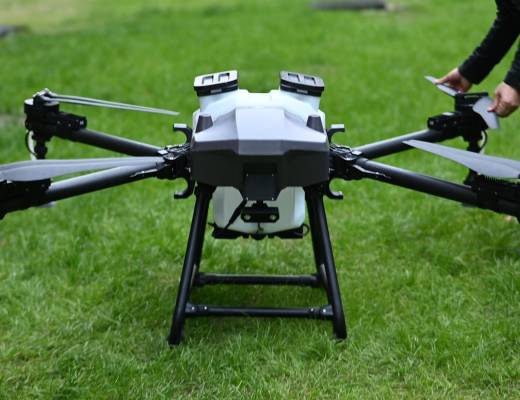The
American Automotive Policy Council has expressed reservations about former President Donald Trump’s trade agreement with Japan. The organization, which serves as the voice for major U.S. automakers General Motors, Ford, and Stellantis, has indicated that aspects of the deal may not align with domestic automotive interests.
This development marks a notable stance from the American auto industry, which has historically been vocal about trade policies affecting vehicle manufacturing and sales. The concerns come as the automotive sector continues to navigate complex international trade relationships that impact production costs, market access, and competitiveness.
Industry Concerns and Implications
While specific details about the nature of the concerns were not elaborated upon, the American Automotive Policy Council’s position suggests potential issues with how the
Japan trade agreement might affect U.S. automakers’ market position. Trade agreements typically address tariffs, quotas, regulatory standards, and market access—all critical factors for automotive manufacturers with global supply chains and international sales strategies.
The three automakers represented by the council—General Motors, Ford, and Stellantis (formerly Fiat Chrysler)—collectively employ hundreds of thousands of American workers and contribute significantly to the U.S. manufacturing sector. Their competitive position relative to Japanese automakers like Toyota, Honda, and Nissan has long been a focus of U.S. trade policy.
Historical Context of U.S.-Japan Auto Trade
Trade relations between the United States and Japan regarding automobiles have a complex history spanning decades. Previous points of contention have included:
- Market access barriers for American vehicles in Japan
- Currency valuation issues affecting price competitiveness
- Regulatory and certification requirements that U.S. manufacturers view as trade barriers
- Parts sourcing and local content requirements
The Trump administration had previously negotiated several trade agreements, including a “Phase One” deal with Japan in 2019 that addressed agricultural products and digital trade but left many automotive issues for later negotiations.
Broader Trade Policy Implications
The American Automotive Policy Council’s position on the Japan deal may signal broader industry concerns about international trade policy. U.S. automakers have consistently advocated for trade policies that they believe create a level playing field with foreign competitors.
“Trade agreements must address the specific challenges faced by American automakers in overseas markets,” industry analysts note, pointing to issues like non-tariff barriers and regulatory harmonization as key factors that can determine whether a deal truly benefits U.S. manufacturers.
The concerns raised by the council come at a time when the global automotive industry faces significant transformation due to electrification, autonomous driving technology, and shifting consumer preferences. These changes make international market access and fair trade practices even more critical for U.S. automakers.
As discussions about the trade agreement continue, stakeholders will be watching closely to see how the specific concerns raised by the American Automotive Policy Council might influence future trade negotiations and whether modifications to the agreement might be pursued to address the auto industry’s position.







